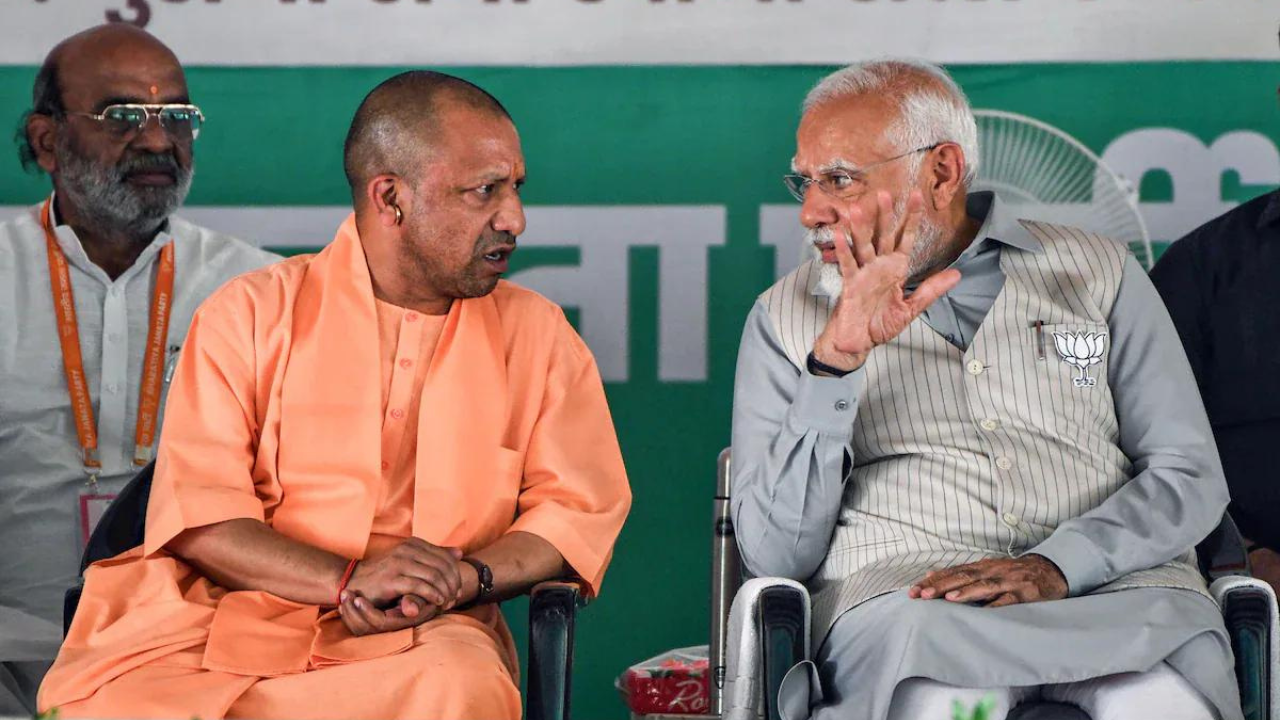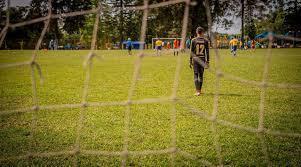
Education policy changes can have far-reaching effects on both rural and urban schools, shaping the quality of education, resource allocation, and student outcomes. While these changes aim to improve the education system as a whole, their impact can vary significantly between rural and urban settings. Understanding these differences is crucial for developing effective policies that address the unique needs of each context.
Education policies often bring changes in funding formulas, which can significantly affect both rural and urban schools. In urban areas, increased funding may lead to improved infrastructure, more educational programs, and better access to technology. However, rural schools may face challenges due to their smaller tax bases and lower enrollment numbers, which can limit the benefits of increased funding.
Urban Schools: Urban schools might see enhancements in facilities, extracurricular activities, and advanced placement programs due to increased funding. This can attract more students and improve overall academic performance.
Rural Schools: Rural schools, on the other hand, may struggle with outdated facilities and limited access to modern technology. Policy changes need to ensure equitable distribution of funds to address these disparities and provide rural students with quality education.
Policies aimed at improving teacher recruitment and retention can have different outcomes in rural and urban schools. Urban schools often benefit from a larger pool of qualified teachers and professional development opportunities. Conversely, rural schools may face challenges in attracting and retaining teachers due to geographic isolation and limited resources.
Urban Schools: Urban schools can leverage policy changes to offer competitive salaries, professional development, and career advancement opportunities, attracting high-quality educators.
Rural Schools: Rural schools may require additional incentives such as housing assistance, higher pay scales, and loan forgiveness programs to attract and retain teachers. Policies focusing on these incentives can help mitigate the challenges faced by rural schools.
Access to advanced courses and extracurricular activities is often greater in urban schools due to larger student populations and more resources. Policy changes can either bridge or widen this gap, depending on their focus and implementation.
Urban Schools: Urban students typically have better access to a variety of advanced placement (AP) courses, honors classes, and extracurricular activities such as sports, arts, and clubs.
Rural Schools: Rural students may have limited access to these opportunities. Policies that promote virtual learning, partnerships with nearby schools, and funding for transportation can help rural students access advanced courses and extracurricular activities.
The integration of technology in education is crucial for preparing students for the future. Urban schools often have better access to the latest technology, while rural schools may struggle with inadequate infrastructure and internet connectivity.
Urban Schools: Urban schools can quickly adopt new technologies, providing students with modern learning tools and resources. Policy changes that support technology integration can further enhance these capabilities.
Rural Schools: Rural schools may need targeted policies to improve internet connectivity and access to digital devices. Investments in broadband infrastructure and technology grants can help bridge the digital divide between rural and urban schools.
Student support services, such as counseling, health services, and special education, are essential for addressing the diverse needs of students. Urban schools often have more comprehensive support services due to their larger budgets and access to community resources.
Urban Schools: Urban schools can provide a wide range of support services, helping students with academic, social, and emotional needs. Policy changes that increase funding for these services can further improve student outcomes.
Rural Schools: Rural schools may have limited access to specialized support services. Policies that promote telehealth services, mobile health clinics, and partnerships with local organizations can enhance support for rural students.
Parental and community involvement is a critical factor in student success. Policies that encourage family engagement and community partnerships can benefit both rural and urban schools, though the approaches may differ.
Urban Schools: Urban schools can leverage diverse community resources and organizations to support student learning and well-being. Policies that facilitate these partnerships can enhance educational outcomes.
Rural Schools: Rural schools may rely more heavily on close-knit community relationships. Policies that support community engagement and provide resources for parent involvement can strengthen these connections and benefit students.
Socioeconomic disparities affect both rural and urban schools, though the nature and extent of these challenges can vary. Policy changes that address these disparities are crucial for ensuring equitable education for all students.
Urban Schools: Urban schools may face challenges related to poverty, overcrowded classrooms, and diverse student needs. Policies that provide additional funding and resources for low-income students can help mitigate these issues.
Rural Schools: Rural schools often deal with high poverty rates, geographic isolation, and limited access to services. Policies that focus on economic development, healthcare access, and educational resources can help address these challenges.
Education policy changes have the potential to significantly impact both rural and urban schools, but their effectiveness depends on addressing the unique needs and challenges of each setting. By focusing on equitable resource allocation, teacher recruitment, access to advanced courses, technology integration, student support services, parental involvement, and socioeconomic disparities, policies can help ensure that all students receive a high-quality education, regardless of their geographic location. Understanding these differences is essential for developing and implementing policies that truly support the diverse needs of students across the country.
#trending #latest #education

How [Athlete's Name] Is Changing the Game On and Off the Field...Read More.

The Impact of Social Media on Today's Top Athletes...Read More.
 Top 10 Fashion Trends for Summer 2024
Top 10 Fashion Trends for Summer 2024
Top 10 Fashion Trends for Summer 2024
 India Decides: Latest Updates on General Election Results 2024
India Decides: Latest Updates on General Election Results 2024
Stay Informed with Real-Time Coverage and Analysis
 Mallikarjun Kharge's suggestion of "new partners" hints at potential shifts in coalition dynamics regarding government formation.
Mallikarjun Kharge's suggestion of "new partners" hints at potential shifts in coalition dynamics regarding government formation.
Both the TDP and the JDU have been allies of the Congress in the past.
 UP Election 2024 Results Highlights: Major Upset for BJP-Led NDA as INDIA Bloc Secures Significant Victory
UP Election 2024 Results Highlights: Major Upset for BJP-Led NDA as INDIA Bloc Secures Significant Victory
India's most politically significant state, Uttar Pradesh, became the arena for a fierce showdown be
 Election Results 2024 Highlights: Celebrations at BJP Headquarters as NDA Prepares for 3rd Term, INDIA Alliance Makes Strong Showing
Election Results 2024 Highlights: Celebrations at BJP Headquarters as NDA Prepares for 3rd Term, INDIA Alliance Makes Strong Showing
2024 Election Results Highlights: Poll Pundits Predicted a Third Term for PM Narendra Modi, but BJP'
How [Athlete's Name] Is Changing the Game On and Off the Field

How [Athlete's Name] Is Changing the Game On and Off the Field
The Impact of Social Media on Today's Top Athletes

The Impact of Social Media on Today's Top Athletes
Off the Court: [Athlete's Name]'s Ventures Beyond Sports

Off the Court: [Athlete's Name]'s Ventures Beyond Sports
The Most Iconic Moments in [Athlete's Name]'s Career

The Most Iconic Moments in [Athlete's Name]'s Career
How [Athlete's Name] Balances Fame and Family Life

How [Athlete's Name] Balances Fame and Family Life
The Style Game: How Athletes Are Setting Fashion Trends

The Style Game: How Athletes Are Setting Fashion Trends
From Injury to Victory: Comeback Stories of Elite Athletes

From Injury to Victory: Comeback Stories of Elite Athletes
The Ultimate Fitness Routine: How [Athlete's Name] Stays in Shape

The Ultimate Fitness Routine: How [Athlete's Name] Stays in Shape
Inside the Mind of a Champion: [Athlete's Name]'s Winning Mentality

Inside the Mind of a Champion: [Athlete's Name]'s Winning Mentality
Beyond the Field: The Charitable Work of [Athlete's Name]

Beyond the Field: The Charitable Work of [Athlete's Name]
Legends in the Making: The Next Generation of Sports Icons

Legends in the Making: The Next Generation of Sports Icons
Trailblazers: Female Athletes Who Are Dominating the Sports World

Trailblazers: Female Athletes Who Are Dominating the Sports World
The Evolution of [Sport]: How Athletes Have Changed the Game

The Evolution of [Sport]: How Athletes Have Changed the Game
Breaking Barriers: Athletes Who Redefined the GameBreaking Barriers: Athletes Who Redefined the Game

Breaking Barriers: Athletes Who Redefined the Game
The Secrets to [Athlete's Name]'s Training Regimen

The Secrets to [Athlete's Name]'s Training Regimen
From Rookie to Pro: The Inspiring Journey of [Athlete's Name]

From Rookie to Pro: The Inspiring Journey of [Athlete's Name]
Behind the Scenes: A Day in the Life of [Athlete's Name]

Behind the Scenes: A Day in the Life of [Athlete's Name]
Plot no 90, Ganpativilla, sahibabad Ghaziabad UP 201005
+91 8585968676
info@trendingblogsea.com
© techtell. All Rights Reserved.